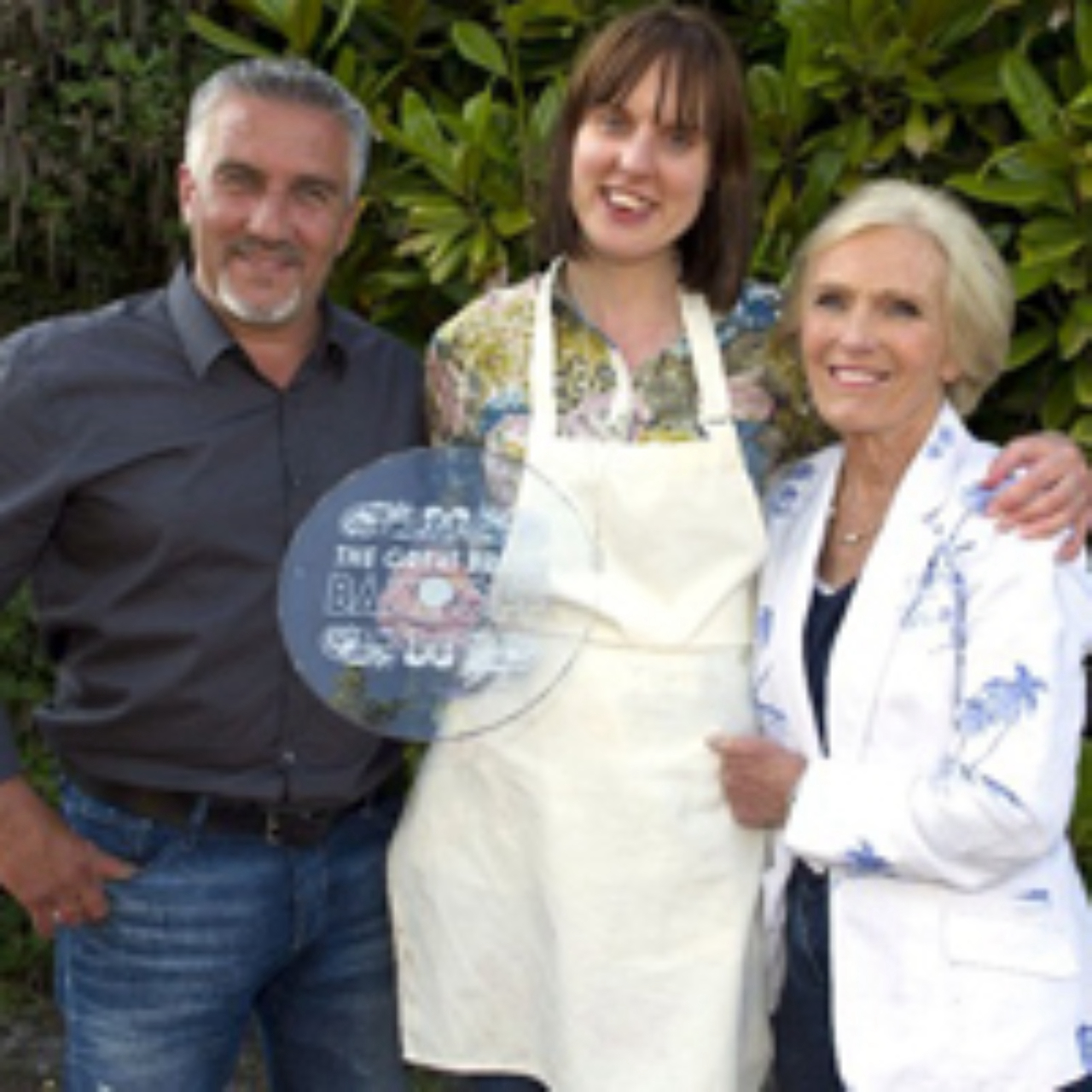 Here in Britain, there’s been a furore of excitement over the latest series of the BAFTA-winning television programme, the Great British Bake Off (affectionately known as “Bake Off”). As well as keeping millions of viewers enthralled, the show’s popularity also reflects broader shifts in the attitudes and behaviours of consumers in the UK and elsewhere.
Here in Britain, there’s been a furore of excitement over the latest series of the BAFTA-winning television programme, the Great British Bake Off (affectionately known as “Bake Off”). As well as keeping millions of viewers enthralled, the show’s popularity also reflects broader shifts in the attitudes and behaviours of consumers in the UK and elsewhere.
For those who are unfamiliar, Bake Off is one of the most popular cookery shows of the moment, with 12 contestants being whittled down to just three for the big finale through a series of weekly baking challenges set by judges Mary Berry and Paul Hollywood.
With the 2013 final now broadcast (won by Frances Quinn) and the series delivering average viewing figures of over eight million, there is an imminent move to a prime BBC1 slot in 2014. I thought it was time to reflect on some of the circumstances that have seen this culinary juggernaut rise to stardom, since its first airing in 2010.
Firstly, the programme is both symptomatic of and a trigger for a resurgence in interest in cooking (and specifically baking) as an enjoyable pastime. You cannot escape the interest that many Brits are now showing in what had, at one time, become something of a niche hobby. In the UK in 2013, some two-thirds (65%) of consumers now claim that they “cook for fun” monthly or more often. Whilst this may still trail some of the more gastronomically-focused European markets, it represents a hefty increase from the 47% who claimed to do likewise in 2007. At its simplest, Brits are developing new appetites when it comes to food.
A quick check of your Facebook wall or Twitter feed will reveal a multitude of artistically composed, Instagram-style images of mouth-watering delicacies prepared by friends keen to show off their talents in the kitchen. This taps into another key area that feeds the urge to bake – pride. Baking provides both an outlet for creative minds to express themselves and a means to earn the admiration of peers who are impressed by the delights finding their way out of our kitchens. It transforms us into something of an expert – some 53% of UK consumers say that they have offered advice on food/cooking to acquaintances in 2013, up from 46% in 2010. Pride is also gleaned from the creation of something tangible – a physical representation of our skills in a world often dominated by digital.
National pride has also played a part in Bake Off’s success. The introduction of the programme in 2010 occurred in the lead-up to a number of national events (including the Royal Wedding in 2011 and Queen’s Diamond Jubilee and London Olympics in 2012) that saw flag-waving patriotism return to the British masses. GBBO’s bunting-bedecked, marquee-based competition is reminiscent of Women’s Institute contests that have been the staple of village fayres for the last century (the WI will celebrate its centenary in 2015). It taps into the very essence of “Britishness” and serves as a reminder of simpler times for the nostalgic viewer.
The urge to revive such crafts is not, however, contained to baking. We all recall the resurgence in interest in knitting a few years ago, when trains and buses were once more filled with the clickety-clack of needles as commuters set about making scarves, hats and patchwork blankets. You may have heard about local Men’s Sheds projects – community projects that seek to re-establish bonds between (predominantly) men, both old and young, through the simple pleasures of craft projects and the passing-on of skills that may have otherwise disappeared.
Undoubtedly, in economically pressured times, part of the appeal of such activities is their relatively cost-effective nature. For those still feeling the pinch of the recession, baking offers an affordable means to participate in an enjoyable hobby and simultaneously produce attractive and comforting treats to stave off the economic blues. After all, what is more comforting than a home-made cake with your afternoon cup of tea? Pass the scones….
GfK Consumer Trends recently released a perspective on food attitudes and behaviours, that is available to readers with a professional interest in this sector. To obtain your copy of “Brainfood 2013”, or to find out more information about our forthcoming Need-to-Know report release on the Food and Beverage category, please contact Neil Haslam or David Crosbie at neil.haslam@gfk.com / david.crosbie@gfk.com
Image source: BBC/PA